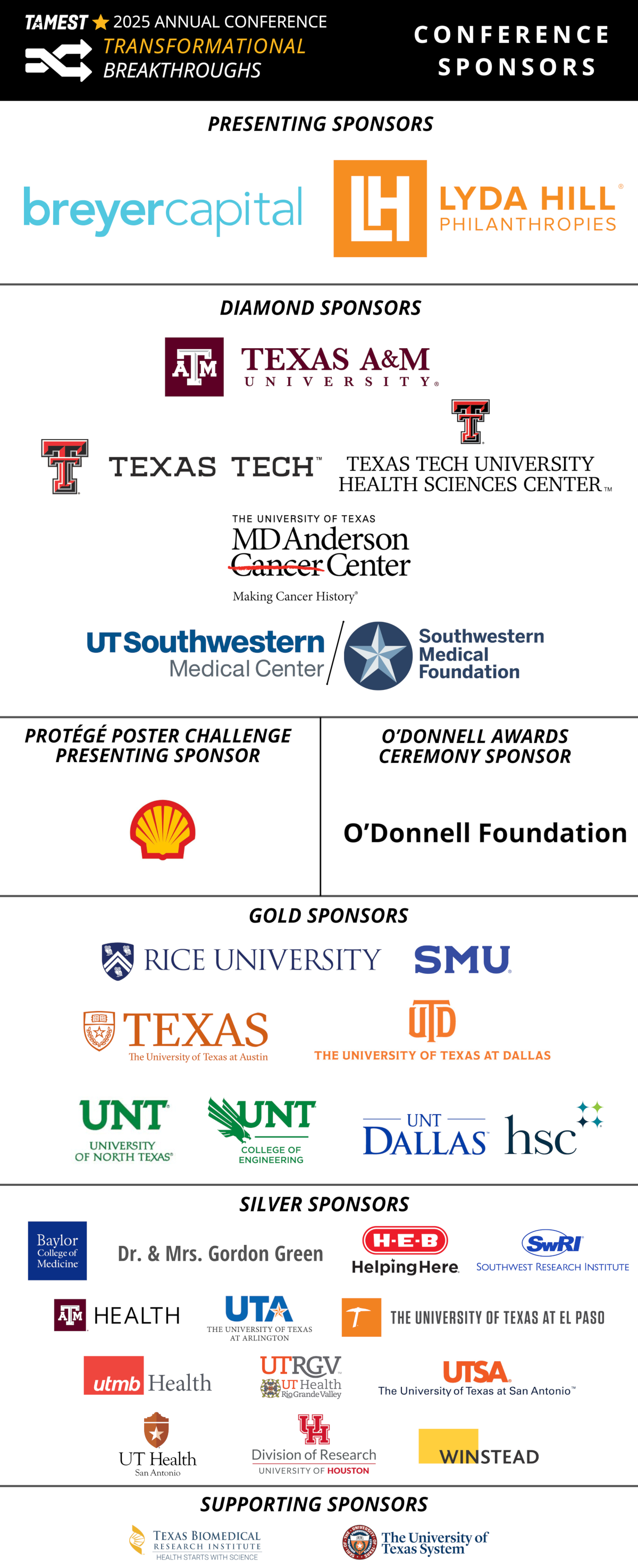
TAMEST 2025 Annual Conference speakers examined game-changing advancements in the fields of materials science and nanotechnology, space exploration, regeneration and synthetic biology, energy transition and more. Learn more about our conference speakers below.
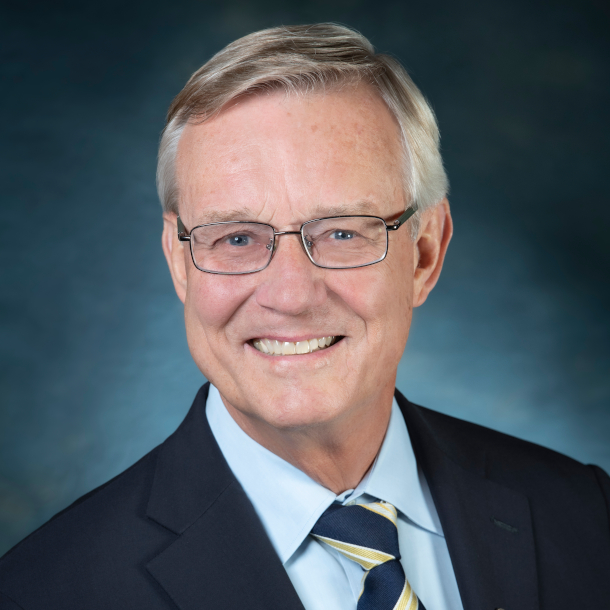
John L. Anderson, Ph.D. (NAE)
President
National Academy of Engineering
As a professor, he has taught classes to first-year undergraduates all the way through to PhD students, and he has always enjoyed learning from students. He has held visiting professorships at MIT (Guggenheim fellow), University of Wageningen (The Netherlands), and University of Melbourne (Australia). Honorary doctorates have been awarded to him by Illinois Institute of Technology, University of Delaware, Rensselaer Polytechnic Institute, and Case Western Reserve University.
Anderson was elected to the National Academy of Engineering in 1992 for his research on colloidal hydrodynamics and membrane transport. He is a fellow of the American Academy of Arts and Sciences and the American Association for the Advancement of Science, and he received the Acrivos Professional Progress Award from the American Institute of Chemical Engineers. He was a presidential appointment to the National Science Board for the period 2014-20. Dr. Anderson received the Washington Academy of Sciences Distinguished Career Award in Engineering in May 2022.
Anderson received a Bachelor’s degree from the University of Delaware and a PhD degree from the University of Illinois at Urbana-Champaign, both in chemical engineering. He is married to Patricia Siemen Anderson; they have two children and five grandchildren.
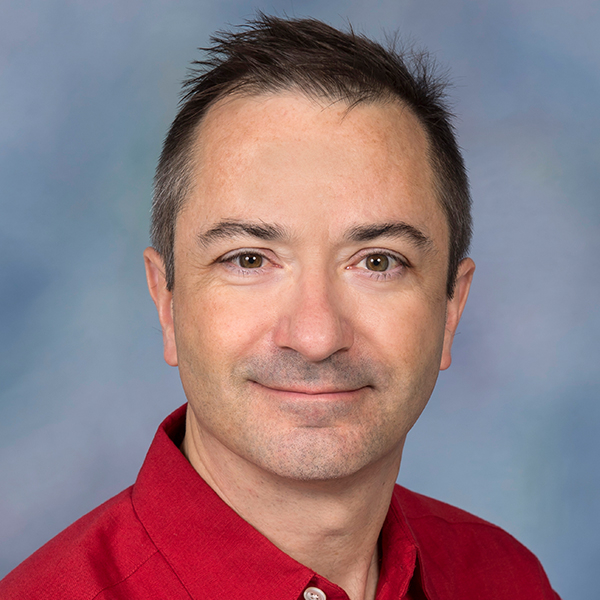
Richard Baraniuk, Ph.D. (NAE)
C. Sidney Burrus Professor of Electrical and Computer Engineering, Rice University
Founding Director, OpenStax and SafeInsights

Trevor Best
Chief Executive Officer and Co-Founder
Syzygy Plasmonics
Before starting Syzygy, Trevor worked for the oilfield services company Baker Hughes. There he held a variety of management positions and gained expertise in technology development, project and personnel management, quality assurance, and regulatory compliance. He is originally from Midland Texas and is a graduate of Texas Tech University.
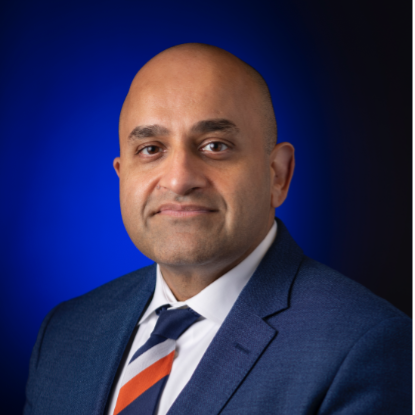
A.C. Charania
Agency Chief Technologist
NASA
Charania is an experienced leader in entrepreneurial space and aviation ventures, whose private sector work also includes projects under contract for NASA, the Air Force, and the Defense Advanced Research Projects Agency (DARPA). His breadth of experience spans multiple areas, including launch vehicles, hypersonics, human/robotic exploration, lunar landers, planetary defense, small satellites, and aviation autonomy. Before joining NASA, he served as vice president of product strategy at Reliable Robotics.

Timothy P. Crain, Ph.D.
Chief Technology Officer and Co-Founder
Intuitive Machines
Tim received his Ph.D. in Aerospace Engineering at the University of Texas where he was a National Science Foundation Graduate Fellow. He was a civil servant at the NASA Johnson Space Center from 2000-2013 where he worked advanced mission design and technology development for entry, descent, and landing (EDL), precision landing and hazard avoidance (PLHA), and automated rendezvous. He served as the Orion Orbit GN&C Mode Team Lead and Morpheus/ALHAT Project Flight Dynamics Lead.
In 2013, Tim founded Intuitive Machines with Steve Altemus and Kam Ghaffarian as a think tank to apply NASA engineering approaches to intractable problems across aerospace, energy, and medicine. IM narrowed its focus to cislunar and adjacent products and services in 2019 and became the first commercial company to land on the Moon in February 2024 with the IM-1 mission and Odysseus lander. Tim served as the Blue Team Mission Director overseeing the final orbits and landing of Odysseus.
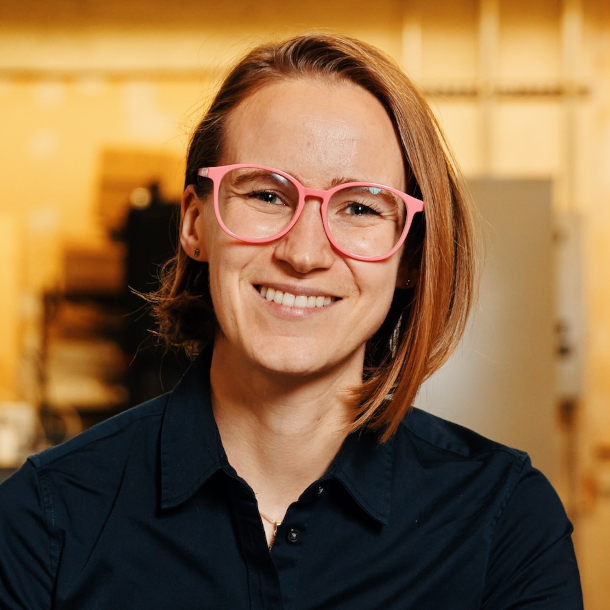
Leah Ellis, Ph.D.
Chief Executive Officer and Co-Founder
Sublime Systems
industry through its breakthrough process to produce low-carbon cement. With a pilot plant in
Somerville, Massachusetts capable of producing 250 tons of decarbonized cement annually,
Sublime was recently awarded $87 million by the DOE’s Office of Clean Energy Demonstrations
to build their first commercial plant in Massachusetts. Leah and her co-founder, Yet-Ming
Chiang, developed the technology while she was an NSERC/Banting Postdoctoral Fellow at the
MIT Department of Materials Science and Engineering. Leah holds a PhD in chemistry from
Dalhousie University, where she worked with Professor Jeff Dahn on lithium-ion battery
optimization in partnership with 3M and Tesla. Leah is among the World Economic Forum’s
Technology Pioneers and has been recognized as one of MIT Technology Review’s 35
Innovators under 35 and as a Boston Globe Tech Power Player.
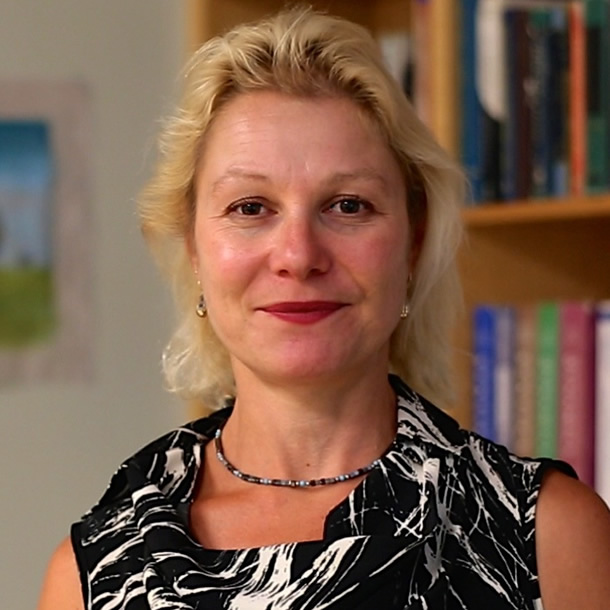
Julia R. Greer, Ph.D.
Ruben F. and Donna Mettler Professor of Materials Science, Medical Engineering, and Mechanics
Fletcher Jones Foundation Director, Kavli Nanoscience Institute
Caltech
Greer’s research focuses on creating and characterizing nano- and micro-architected materials with multi- scale microstructural hierarchy using 3D lithography, nanofabrication, and additive manufacturing (AM) techniques, and investigate their mechanical, electrochemical, chemo-mechanical, and photonic properties as a function of architecture, constituent materials, and microstructural detail. We strive to uncover the synergy between the internal atomic- and molecular-level microstructure and the multi-scale external dimensionality, wherecompeting material- (nano) and structure- (architecture) induced size effects drive overall response and govern these properties. Specific topics include applications of 3D nano- and micro-architected materials in devices, energy absorption, ultralightweight energy storage systems, chemically-assisted filtering, damage-tolerant fabrics, additive manufacturing, and multi-functional materials.
Greer obtained her S.B. in Chemical Engineering with a minor in Advanced Music Performance from MIT in 1997 and a Ph.D. in Materials Science from Stanford, worked at Intel (2000-03) and was a post-doc at PARC (2005-07). Julia joined Caltech in 2007 and currently is a Ruben F. and Donna Mettler Professor of Materials Science, Mechanics, and Medical Engineering at Caltech, as well as the Fletcher Foundation Director of the Kavli Nanoscience Institute, and the Editor in Chief of the Journal of Applied Physics.
Greer has more than 170 publications, has an h-index of 79, and has delivered over 100 invited lectures, which include 2 TEDx talks, multiple plenary lectures and named seminars at universities: Covestro Distinguished Speaker at U Pitt, Cooper lecture at Cornell, Israel Pollak Distinguished Lecture Series at Technion, David Pope lecture at Penn, and Thayer Visionaries in Technology at Dartmouth to name a few, the Watson lecture at Caltech, the Gilbreth Lecture at the National Academy of Engineering, the Midwest Mechanics Lecture series, and a “IdeasLab” at the World Economic Forum, and was selected as Alexander M. Cruickshank (AMC) Lecturer at the Gordon Research Conferences (2022).
She recently received the Nadai Medal from ASME Materials Deivision (2024), the Eringer Medal from the Society of Engineering Science (2024), was the inaugural AAAFM-Heeger Award (2019) and was named a Vannevar-Bush Faculty Fellow by the US Department of Defense (2016) and CNN’s 20/20 Visionary (2016). Her work was recognized among Top-10 Breakthrough Technologies by MIT’s Technology Review (2015). Greer was named as one of “100 Most Creative People” by Fast Company and a Young Global Leader by World Economic Forum (2014) and received multiple career awards: Kavli (2014), Nano Letters, SES, and TMS (2013); NASA, ASME (2012), Popular Mechanics Breakthrough Award (2012), DOE (2011), DARPA (2009), and Technology Review’s TR-35, (2008). She is an active member of scientific community through professional societies (MRS, SES, TMS), having organized multiple symposia, been chosen as Conference Chair (MRS, 2021; GRC 2016), served on the Board of Directors for Society of Engineering Science (SES) and on government agency panels: DOE’s Basic Research Needs workshop (2020), National Materials and Manufacturing Board through National Academies (since 2020), and was selected to participate in DoD’s Bush Fellows Research Study Team, BFRST (2020) (see attached photo). Greer is also a concert pianist who performs solo recitals and in chamber groups, with notable performances of “Prejudice and Prodigy” with the Caltech Trio (2019), “Nanomechanics Rap” with orchestra MUSE/IQUE (2009), and as a soloist of Brahms Concerto No. 2 with Redwood Symphony (2006).
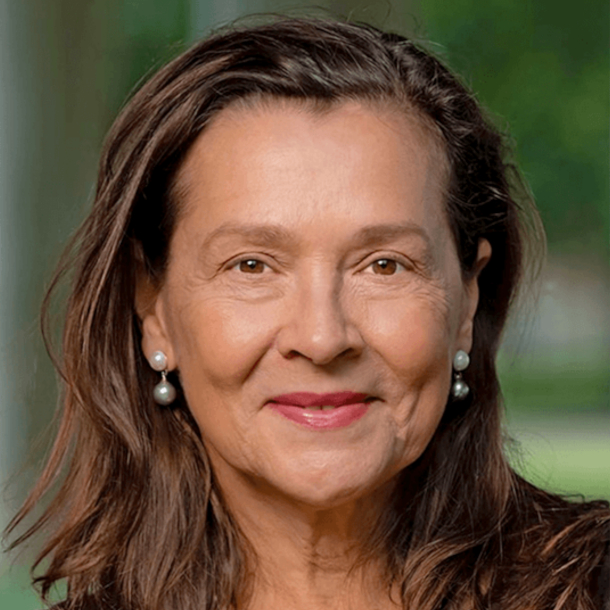
Naomi Halas, Ph.D., D.Sc. (NAE, NAS)
University Professor and Stanley C. Moore Professor
Electrical and Computer Engineering
Rice University
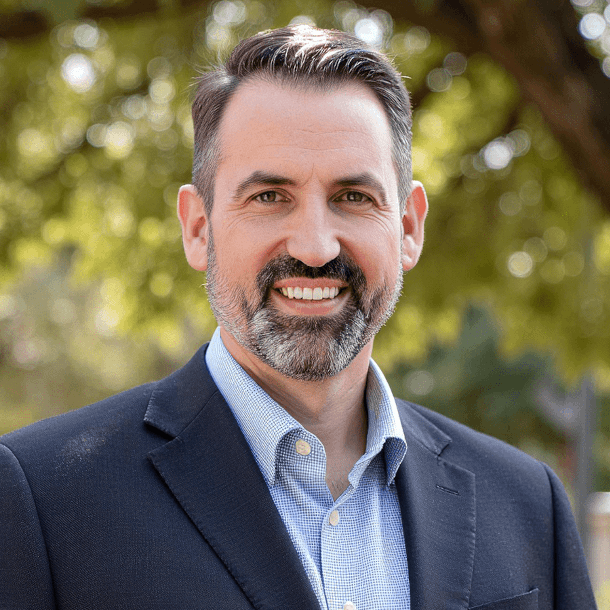
Robert Kester, Ph.D.
Partner, Technology & Innovation
Veriten
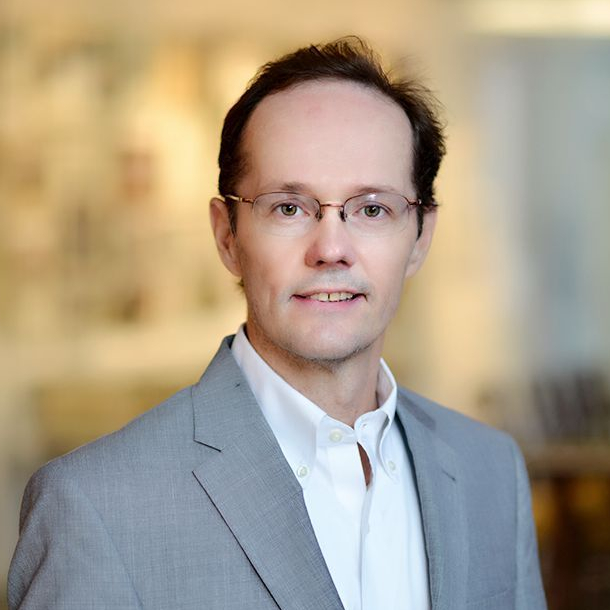
James F. Martin, M.D., Ph.D.
Professor and Vivian L. Smith Chair in Regenerative Medicine, Baylor College of Medicine
Director, Cardiomyocyte Renewal Lab
Texas Heart Institute
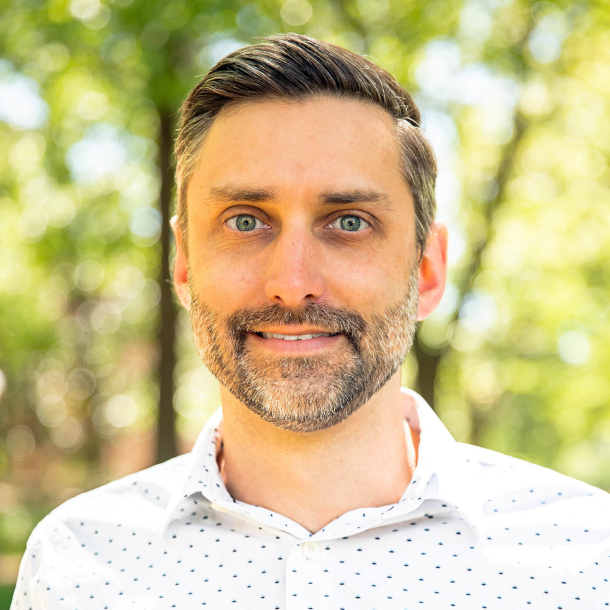
Matthew McDowell, Ph.D.
Associate Professor and Carter N. Paden, Jr. Distinguished Chair
George W. Woodruff School of Mechanical Engineering and School of Materials Science and Engineering
Georgia Tech
Matthew McDowell is an Associate Professor and the Carter N. Paden, Jr. Distinguished Chair for Innovation in Materials Science and Metals Processing at Georgia Tech, with appointments in the Woodruff School of Mechanical Engineering and the School of Materials Science and Engineering. His research is focused on understanding and engineering materials for energy storage. He received his Ph.D. from Stanford University in 2013 and was a postdoc at Caltech from 2013 until 2015. He is the Co-Director of the Georgia Tech Advanced Battery Center (GTABC) and an Associate Editor of ACS Nano. McDowell has received numerous awards, including the Presidential Early Career Award for Scientists and Engineers (PECASE), Sloan Fellowship, the ECS Battery Division Early Career Award, and Georgia Tech’s Outstanding Achievement in Early Career Research award.
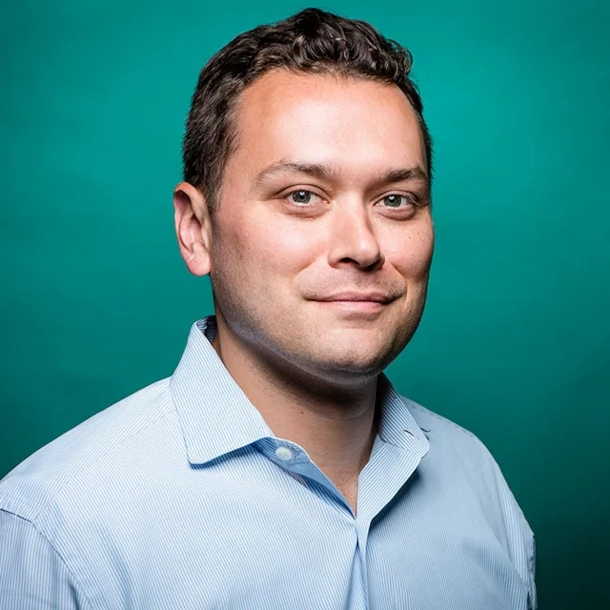
Jason P. Rolland, Ph.D.
Senior Vice President of Materials
Carbon, Inc.
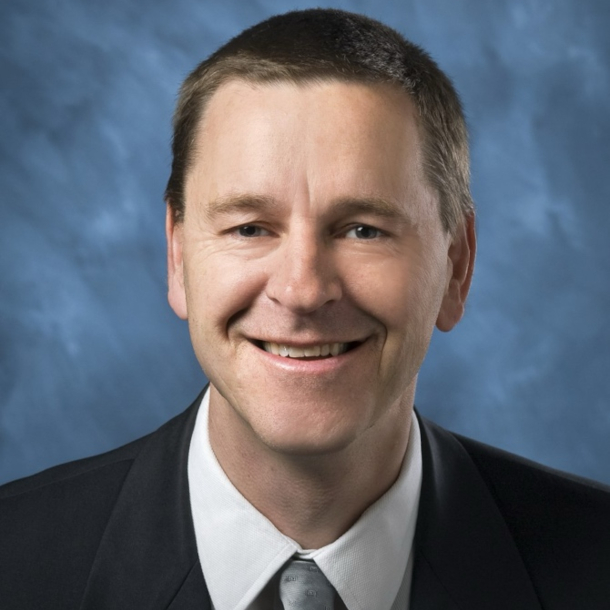
Clive Svendsen, Ph.D.
Executive Director
Regenerative Medicine Institute
Cedars-Sinai Medical Center
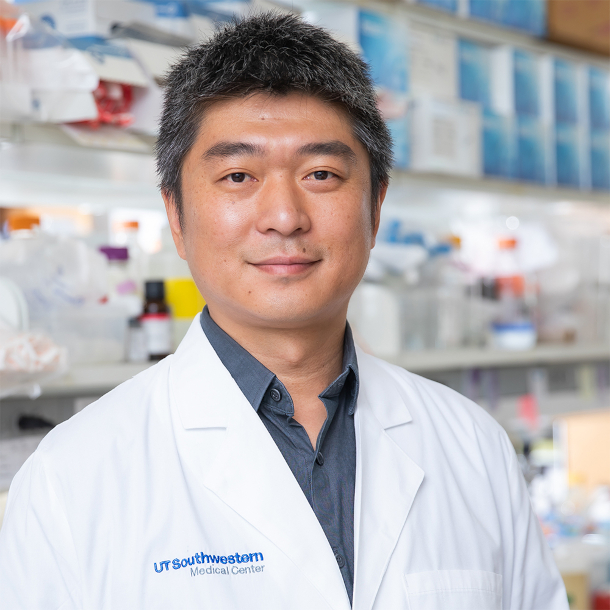
Jun Wu, Ph.D.
Associate Professor
Department of Molecular Biology
UT Southwestern Medical Center
Sponsors
